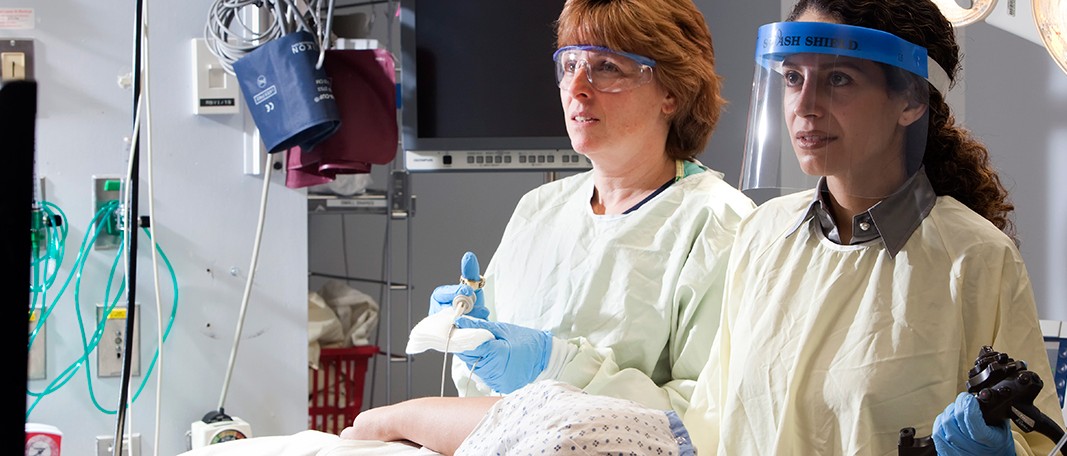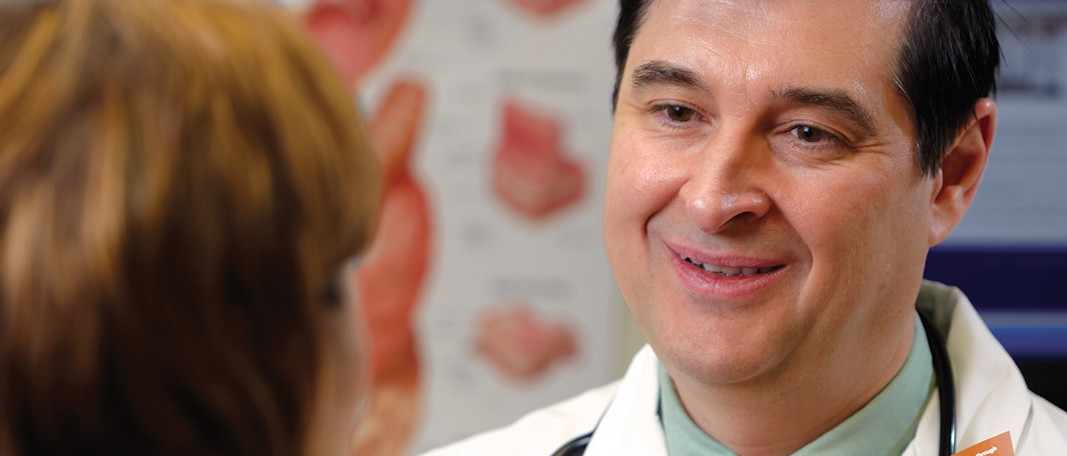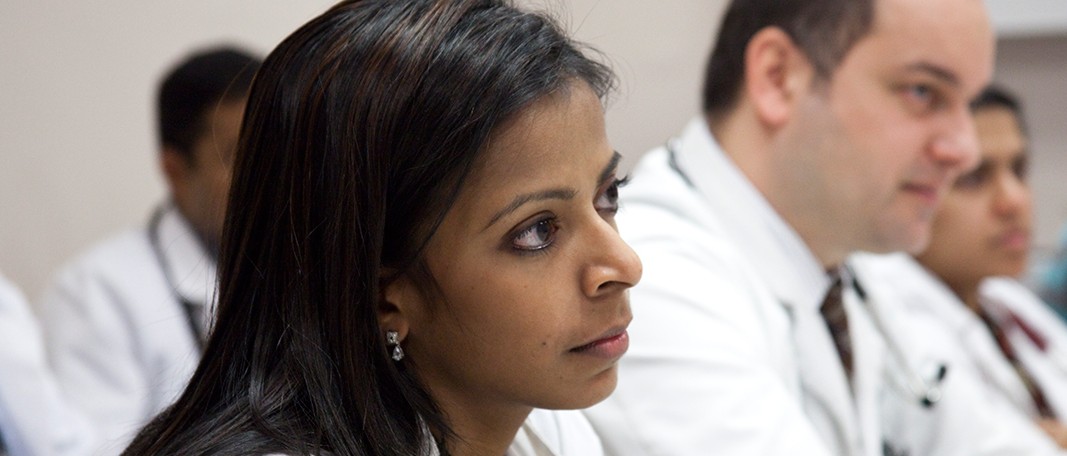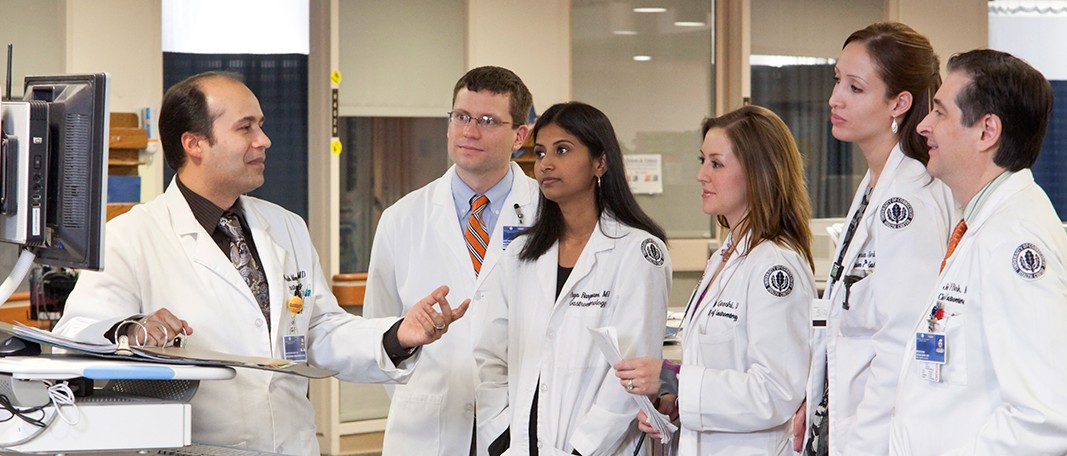The Division of Gastroenterology and Hepatology at UConn Health has a talented and dedicated team devoted to all aspects of academic gastroenterology. All of our physicians are up-to-date and well-trained in general gastroenterology. In addition, they have specific clinical and research interests. We offer a wide range of clinical services, and opportunities for research participation are available. We train medical students, residents and fellows for their future careers. The Division of Gastroenterology and Hepatology is committed to current and future excellence in our discipline.
The Division provides diagnosis and treatment of disorders of the esophagus, stomach, intestines, gall bladder, liver, pancreas and colon. Our physicians are board-certified in internal medicine and gastroenterology, and have skills and expertise in a variety of digestive and liver disorders. Furthermore, we are involved in many specialized aspects of gastroenterology and hepatology care not readily available at other regional centers.
Our endoscopy center uses the latest high-resolution imaging equipment and is involved in developing new imaging technologies and new instruments. In hepatology, we offer a full range of services including a relationship with a transplant center, availability of new viral hepatitis therapies through clinical trials, hepatoma therapy and management of all liver disease complications.
Our Colon Cancer Prevention Program physicians strive to reduce colon cancer risk with a multimodality approach and give advice on individual needs for colon cancer screening. Our motility center evaluates all types of esophageal, gastric, colonic and anorectal motility disorders with state-of-the-art, high-resolution equipment. We have expertise in inflammatory bowel disease and familiarity with the newest available treatments. We also have a treatment center for esophageal diseases such as Barrett’s esophagus and the latest equipment to investigate the small bowel.
UConn Health Minute: Preventing Colon Cancer
Colon cancer is a leading cause of death in the U.S. because when it is detected late, it is very difficult to treat. That’s why prevention is key. Dr. Murali Dharan, director of the Advanced Endoscopy Program at UConn Health, says having a screening colonoscopy is the first step in prevention.
Spotlight
Why Is Colorectal Cancer Rising Rapidly Among Young Adults?
Science In Seconds: The Wonders of Walnuts
UConn Health Minute: Diagnosing GERD
Cancer Survivor Credits Doctors at UConn Health for Determination to Find Answers
Leading UConn Health’s Emergence in Advanced Endoscopy
UConn Liver Specialist Awarded Fulbright Scholarship to Teach in Egypt
Office Locations
GI Clinic
UConn Health
Outpatient Pavilion, 6th Floor East
135 Dowling Way
Farmington, CT 06030
Directions
Procedures Center
UConn Health
150 Academic Way
Farmington, CT 06030



